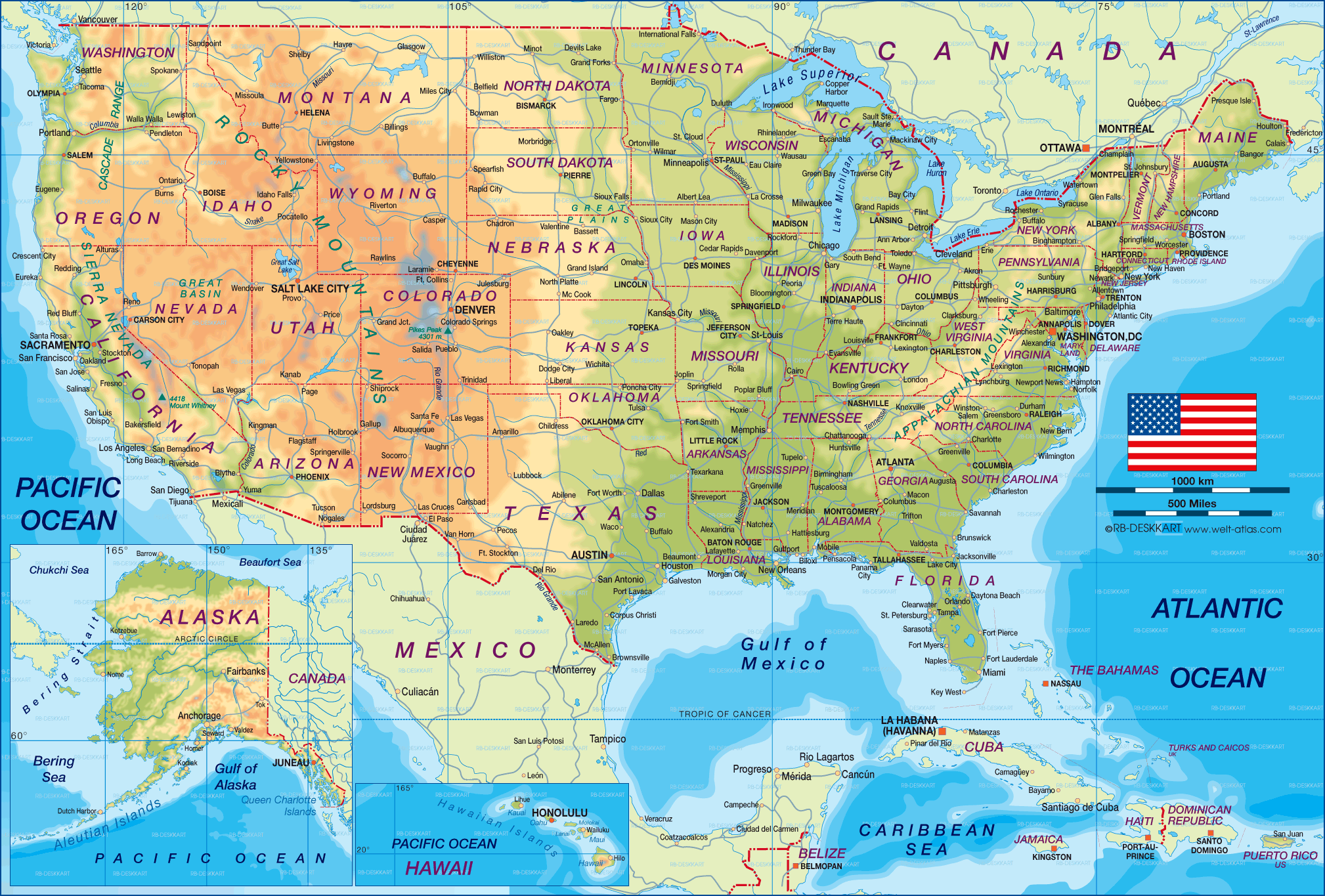I tried looking at Jack through the larger context of his era. Jack Kerouac was a veteran of World War II, serving in the U.S. Navy. World War II was fought on three continents, and by countries positioned across six. It catalyzed one of the greatest leaps of technology in centuries, over the span of six years, (resulting in less than proportional, but still horrific casualties) culminating in the production and deployment of the atom bomb. This war shook the foundations of our entire planet to the point of altering the very nature of the warring, militaristic, imperialistic West, calming the previously almost perpetual battlefield of Western Europe (even if an uneasy truce), an affect that still stands true to today. But the price of such a revolutionary affect was the slaughter, maiming, and emotional scarring of almost an entire generation.
Through the lens of this book, one sees those who fought the war in the years following. The effect is twofold, both stemming from the ever infamous post-traumatic stress disorder. First, these young men had seen many other men their age, and no less capable than themselves, gunned down in their prime. Many had been allies. Many had been friends. Many had perished at one's own trigger finger, with no real difference between life or death other than luck. The blood of both one's friends and enemies can be almost unbearable. The need sets in to forget such atrocities, and many of them turned to smoking, drinking, and hard drugs. William Burroughs, a character in the book, was a famous heroin addict.
War forces people to mature much faster than they normally would. Many of those who came into contact with this particularly grizzly example were only 18. Many even lied about their age to enlist early. Forced to act older due to extreme circumstances, they could have either felt that they had been robbed of their childhood, and try to return and cling to their past, or could subconsciously associate the sense of maturity and responsibility to the senseless killing found on the desert, forest, and naval slaughter fields of the second World War.
(Note: These are my own thoughts on the psychology of this phenomenon. The post war lives of soldiers is not something I generally read into as much as I should.)
Subscribe to:
Post Comments (Atom)










No comments:
Post a Comment